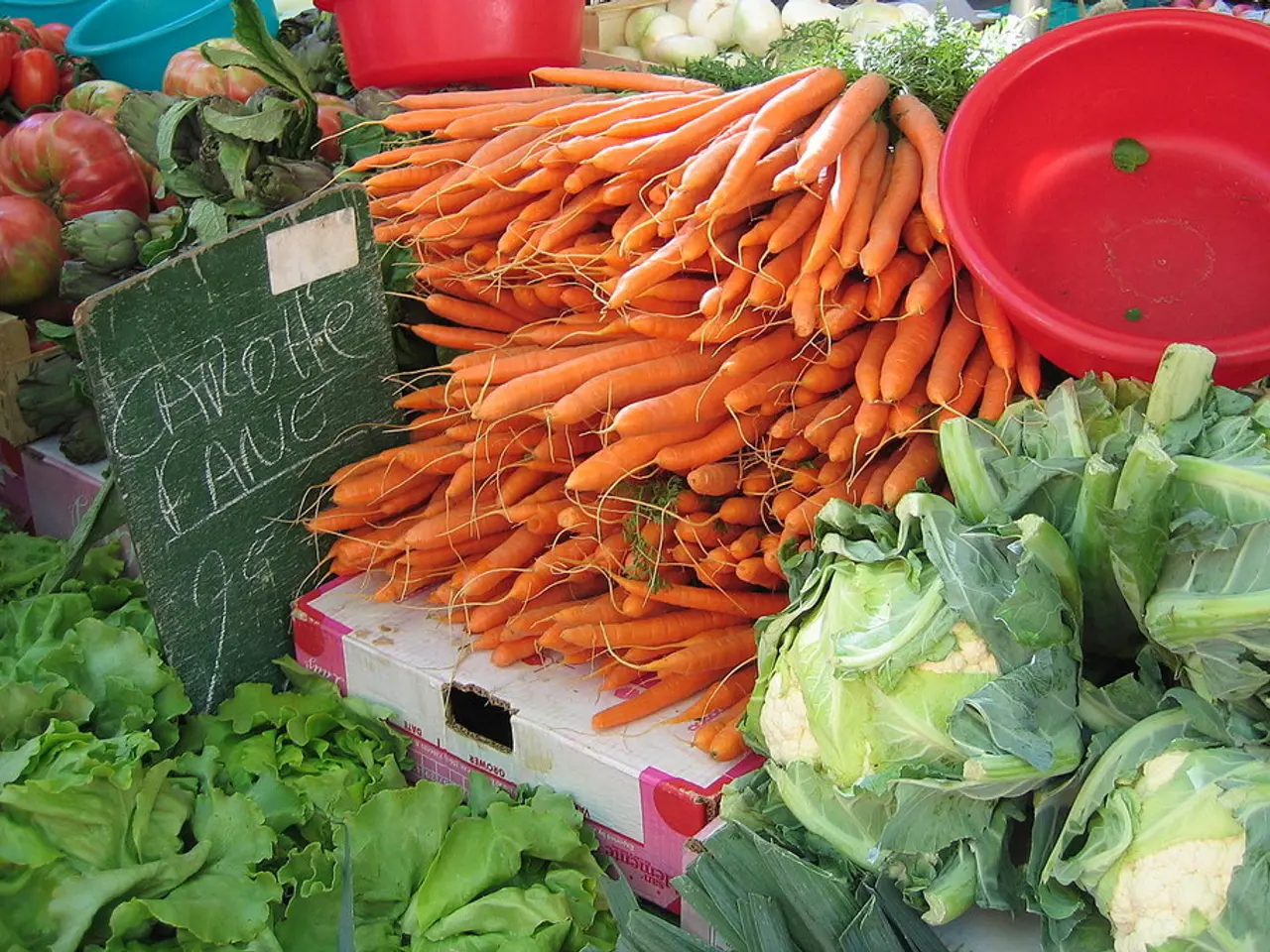Tending a Garden to Grow Mārubh, Radishes, and Chinese Cabbage: A Hands-On Learning Experience for Students
School Garden Program Encourages Sustainable Learning and Healthy Eating
A unique educational initiative, the GemüseAckerdemie, is transforming the way students at a local school learn about gardening, nutrition, and sustainability. The program, which encourages children to grow their own vegetables at school, is proving to be a hit among students, fostering hands-on, research-based learning.
Recently, various vegetable cultures such as turnips, radishes, and Chinese cabbage were sown at the school as part of the GemüseAckerdemie. This practical involvement not only promotes understanding of ecological cycles and seasonal foods but also helps students appreciate natural processes and make more informed, healthy food choices.
The program is designed to be playful and experiential, making learning about agriculture and nutrition fun and engaging for the students. It aligns with initiatives that bring innovative, nature-based learning into classrooms, helping students experience and understand sustainability physically rather than just theoretically.
The school's garden isn't just limited to vegetables. The 'Beereneck', a section of the garden dedicated to medicinal and culinary herbs, introduces students to a variety of herbs. Berry bushes and a herb bed in the 'Beereneck' provide a wealth of learning opportunities for the students.
The work in the school garden also fosters students' curiosity about the animal world. The products from the 'Beereneck', including herbs and berries, are used in the school canteen, the student-run household economics firm, and the cooking club, providing students with a hands-on experience of using the produce they grow.
The GemüseAckerdemie's impact extends beyond the school garden. Support from companies like Infineon Technologies helps extend community gardening and sustainability efforts linked to the program. This support is instrumental in promoting sustainable awareness among students and encouraging them to make environmentally responsible choices.
In summary, the GemüseAckerdemie serves as an educational tool that enables children to learn about healthy eating and environmental responsibility in an engaging, experiential way. The program's success lies in its ability to make learning fun, practical, and relevant to students' lives, instilling in them a lifelong appreciation for sustainable living and healthy eating habits.
Children participating in the GemüseAckerdemie program are exposed not only to agriculture and nutrition but also to aspects of home-and-garden, as they grow their own vegetables and learn about herbs and berries. The program's focus on hands-on, research-based learning aligns well with education-and-self-development, providing a meaningful approach to sustainable living and healthy eating.




